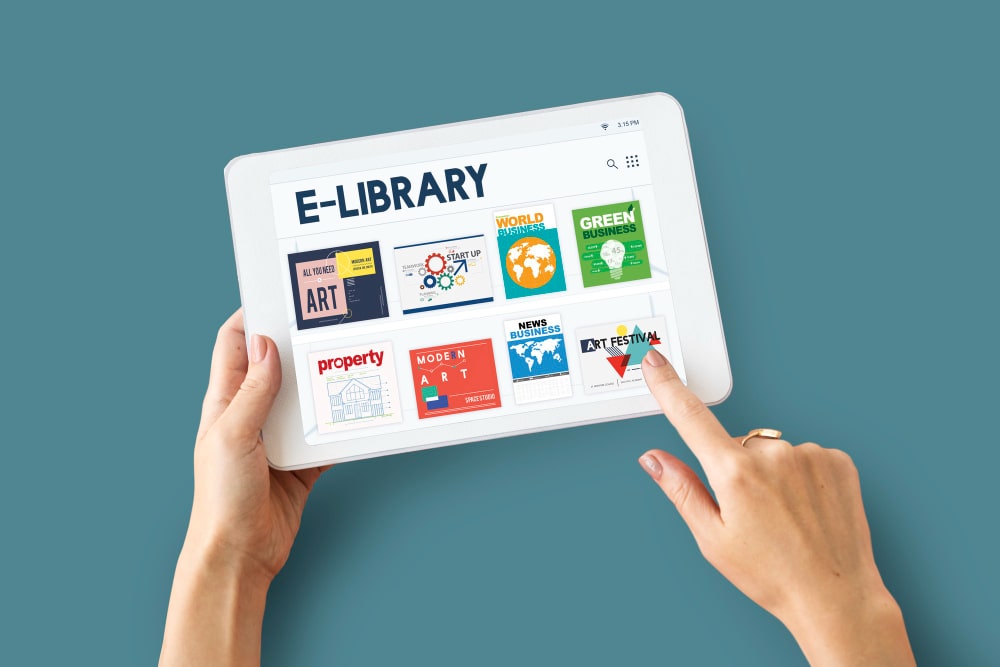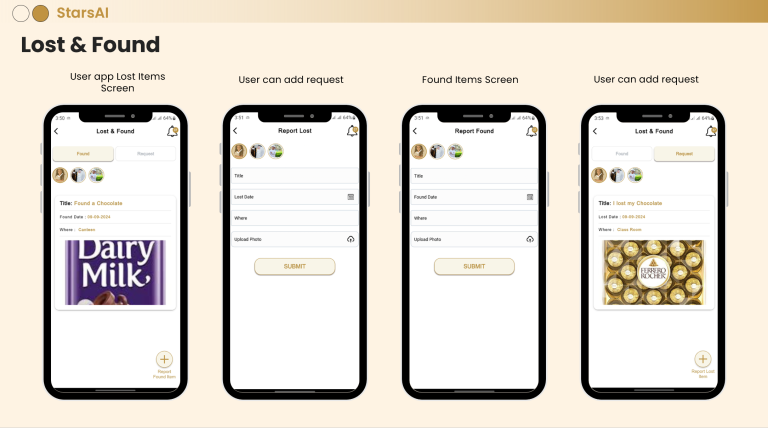In an era defined by digital transformation and the proliferation of information, the management of libraries has become a critical element in the educational and organizational landscape. Library management systems (LMS) play a pivotal role in ensuring that libraries operate efficiently, provide easy access to resources, and adapt to the changing needs of their users. In this comprehensive article, we will explore why library management systems are important, the distinctions between LMS and other systems like learning management systems (LMS), the advantages of library management systems, and the reasons for implementing them.

Why Is Library Management Important?
The advantages of a library management system encompass far more than simple bookkeeping and cataloging. Let’s explore several essential facets that underscore the importance of these systems.
Efficient Resource Management: Libraries are treasure troves of knowledge, housing books, journals, multimedia, and digital resources. To make these resources accessible, they need to be organized and managed efficiently. LMS aids in the systematic cataloging, classification, and tracking of these resources, ensuring that users can easily locate what they need.
Enhanced Accessibility: In the digital age, accessibility is a top priority. Library management systems enable users to access resources remotely. Whether it’s an e-book, a research paper, or a video lecture, users can access these materials online, making education and research more accessible than ever before.
User-Friendly Interfaces: LMS often provide user-friendly interfaces that allow patrons to search, borrow, and return materials with ease. These interfaces enhance the user experience, encouraging more people to utilize the library’s resources.
Data Security: Libraries often store sensitive information, whether it’s patron records, proprietary research, or historical documents. LMS help in safeguarding this data through encryption and access control mechanisms, protecting the integrity and confidentiality of the materials.
Resource Sharing: Libraries frequently engage in resource sharing with other libraries and institutions. An effective LMS streamlines interlibrary loans, making it easier for patrons to access materials that might not be available in their home library.
Cost Savings: Library management systems help reduce costs in several ways. They streamline operations, reducing the need for manual data entry and paperwork. Additionally, they help in tracking overdue materials, which can result in fewer lost items and increased revenue for the library.
Library Management System Features
Now, let’s dive into the features that make a library management system indispensable for modern libraries:
Cataloging and Classification: LMS enables efficient cataloging and classification of resources, making it easier for users to find materials through search queries and filters.
Circulation Management: LMS automates the borrowing and returning of materials, keeping track of due dates and sending reminders to users with overdue items.
User Management: It manages user information, allowing libraries to issue library cards, monitor user activity, and restrict access if necessary.
Digital Resource Management: In the digital age, libraries often offer e-books, e-journals, and multimedia materials. LMS allows for the management of these digital resources, ensuring that they are accessible to authorized users.
Interlibrary Loan Management: LMS helps in coordinating resource sharing among libraries, facilitating the borrowing and lending of materials between institutions.
Reporting and Analytics: As mentioned earlier, LMS provides detailed reports and analytics to help libraries make informed decisions about their collections and services.
Automation of Administrative Tasks: LMS automates routine administrative tasks, such as fine calculations, which saves time for librarians.
Remote Access and Mobile Integration: Many LMS platforms provide remote access for users, allowing them to browse the library’s collection and even check out e-resources from anywhere. Mobile integration makes it even more convenient.
Security and Data Backup: Ensuring the security of user data and the integrity of the library’s catalog is crucial. LMS includes features for data backup and recovery.
Integration with Other Systems: LMS can be integrated with other library systems, such as RFID technology for self-checkout and inventory management, or with academic systems in educational institutions for a seamless user experience.
Customization and Scalability: Libraries have unique needs, and LMS often allows for customization to adapt to those needs. It should also be scalable to accommodate the growth of the library’s collection and user base.
User-Friendly Interface: An intuitive and user-friendly interface is essential for both librarians and patrons. This ensures that users can navigate the library’s catalog and services easily.
Top 10 Future Scopes of Library Management Systems
The future of library management systems is promising, with several trends and innovations on the horizon:
Artificial Intelligence (AI) and Machine Learning:
AI can enhance cataloging, recommend resources to users, and automate routine tasks. Machine learning algorithms can analyze user behavior to improve recommendations and resource allocation.
Enhanced Accessibility:
Libraries are increasingly focusing on accessibility for all users, including those with disabilities. Future LMS will have improved accessibility features, making library resources available to a wider audience.
Blockchain Technology:
Blockchain can enhance security and authentication in library management systems. It can ensure the integrity of library records and protect user data.
Collaborative Platforms:
Libraries are moving towards collaborative platforms that enable resource sharing and cooperative collection development among institutions.
Data Privacy and Security:
As data privacy regulations evolve, LMS will need to adapt to ensure the protection of user data and compliance with legal requirements.
Personalization:
LMS will continue to personalize the user experience, offering tailored recommendations and services based on user preferences and behavior.
Cloud-Based Solutions:
Cloud-based LMS will become more prevalent, offering flexibility and scalability to libraries. Cloud solutions also facilitate remote access and maintenance.
IoT Integration:
The Internet of Things (IoT) can be used to track resource usage and manage library facilities efficiently. For example, IoT sensors can monitor temperature and humidity in archives and special collections.
Open Access Integration:
LMS will increasingly integrate with open access repositories, providing users with access to a wider range of resources.
Data Analysis and Predictive Analytics:
Libraries will use advanced data analysis and predictive analytics to make more informed decisions about resource acquisition and user services.
Conclusion
Library management systems are the backbone of modern libraries. They enhance efficiency, improve user satisfaction, and enable libraries to adapt to the changing landscape of information management. With features such as cataloging, circulation management, and reporting, LMS streamlines library operations and ensures that resources are well-organized and easily accessible.
The future scope of library management systems holds exciting possibilities. AI, blockchain, enhanced accessibility, and collaborative platforms will shape the libraries of tomorrow. These innovations will further improve the user experience and allow libraries to serve their communities more effectively.
As technology continues to advance, library management systems, in tandem with the services of the Stars AI platform, will undergo continuous evolution to address the evolving requirements of libraries and their users. This symbiotic relationship ensures that libraries not only stay current but thrive as indispensable sources of information and knowledge in the digital age.



